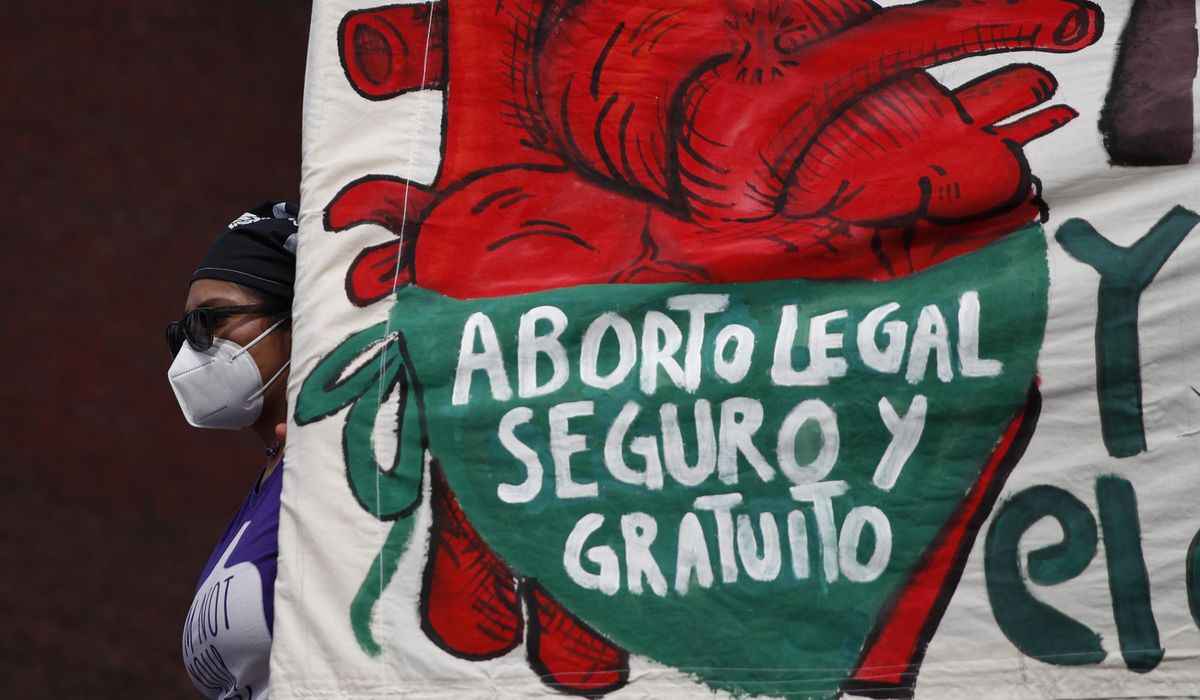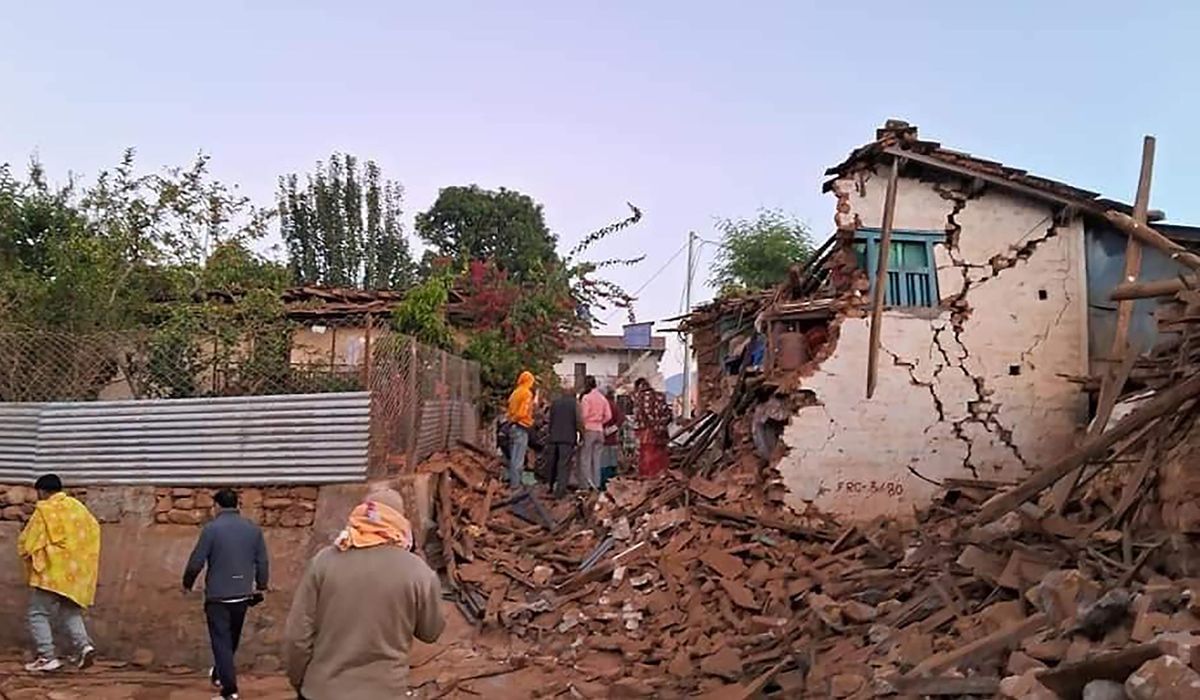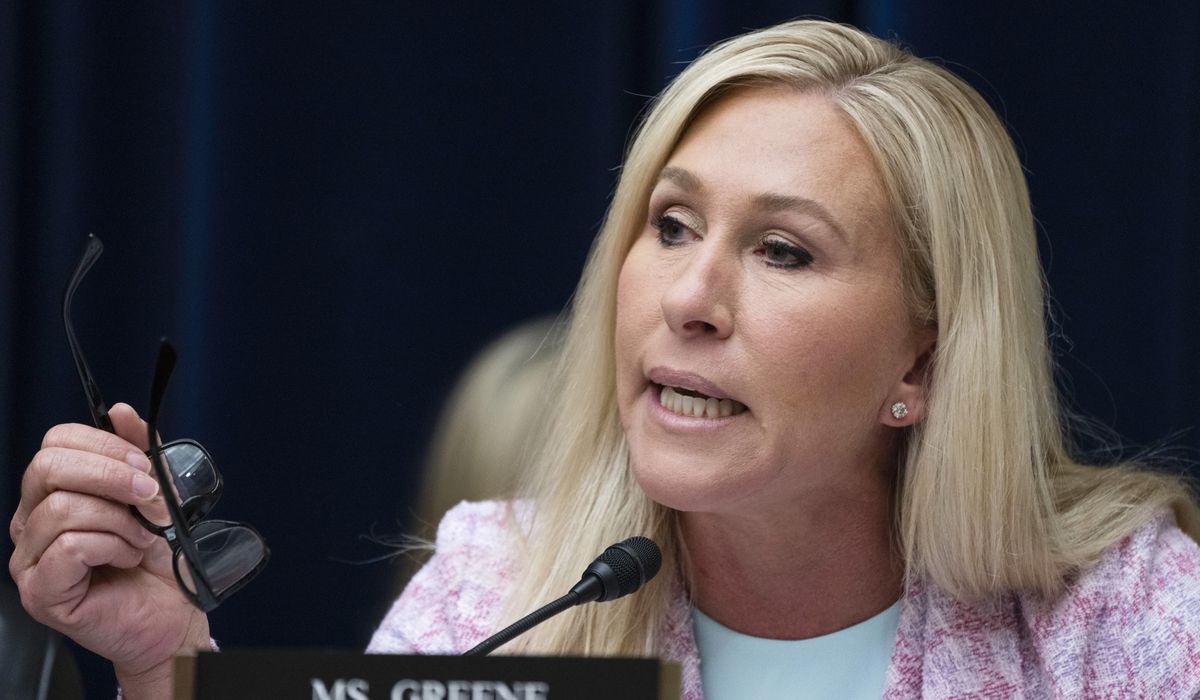
A Mexican Supreme Court decision has ended the federal ban on abortion in Mexico, expanding access to the procedure for millions of people. The ruling requires the federal public health service to offer abortion to anyone who requests it. However, while this decision is a significant step forward, abortion remains criminalized in 20 Mexican states. Activists are expected to challenge these state laws based on the Supreme Court’s ruling. Although abortions are not commonly prosecuted as a crime in Mexico, many doctors refuse to provide them due to the legal restrictions.
The decision was celebrated by pro-choice advocates on social media, with Mexico’s National Institute for Women calling it a “big step” towards gender equality. On the other hand, opponents, including religious groups, expressed their disappointment and vowed to continue the fight against expanded abortion access.
This ruling aligns with a regional trend in Latin America, where countries have been lifting abortion restrictions in recent years, known as the “green wave.” In contrast, the United States has seen increasing restrictions on abortion in several states. The Mexican court declared that the criminalization of abortion in federal law violated the human rights of women and those with the ability to gestate.
While this ruling paves the way for increased access to abortion, it does not automatically guarantee immediate access for all Mexican women. Women may still face barriers in conservative areas and encounter difficulties in accessing the procedure. Nevertheless, this decision removes excuses used by care providers to deny abortions in states where they are no longer criminalized.
Mexico City was the first jurisdiction in Mexico to decriminalize abortion 16 years ago. Since then, the decriminalization movement has gained momentum across Latin America, with Argentina and Colombia legalizing abortion in recent years.
It will take time to see how this ruling is implemented and how it affects abortion access in Mexico, but it represents an important step towards advancing reproductive rights and gender equality in the country.
RELATED POSTS
View all


